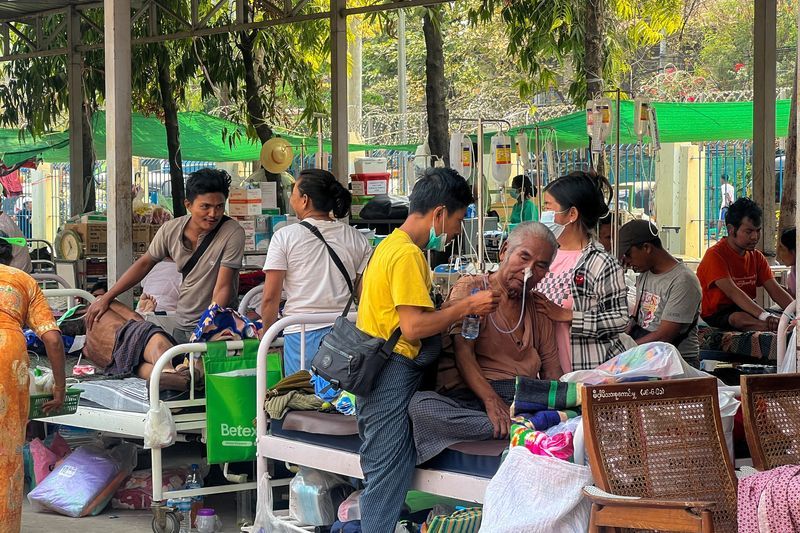BERLIN, Sept. 20 (Xinhua) -- Germany's Association of General Practitioners (GPs) on Wednesday warned that staff shortages will lead to "gaps in healthcare that cannot be filled in the future."
Almost 5,000 doctor posts in the country are currently vacant, the association said. Meanwhile, GPs are aging, with the share of GPs over the age of 60 currently above 35 percent.
The association underlined the risk that practices in Germany will be forced to turn away non-emergency patients, as waiting rooms fill up this fall with those seeking vaccinations and suffering from infections.
"Last winter was already a foretaste: the supply is at the tipping point and is only being compensated for by our willingness to repeatedly push extra shifts," said Nicola Buhlinger-Goepfarth, first deputy chairwoman of the association.
"However, many practices are no longer in a position to compensate for the failures of politics through long, exhausting working days, retirement from 70, and less and less time for more and more patient contacts and (...) will at some point no longer be able to withstand the pressure on the healthcare system," Buhlinger-Goepfarth said.
Last week, German pharmacists warned of an acute medicine shortage. As many as 1.5 million people in the country have been affected by acute supply bottlenecks for certain medicines, according to the North Rhine Chamber of Pharmacists.
Also on Wednesday, German hospitals called a nationwide day of protest. According to the German Hospital Federation (DKG), tens of thousands protested against hospital closures and impending supply bottlenecks for patients.
Employees called for inflation compensation and "fair funding terms to end the economic distress of hospitals," DKG said. More than 50 hospital facilities filed for insolvency in the first half of 2023.
"We have to close hospitals, particularly in the big cities, but it is now affecting the wrong ones," Minister of Health Karl Lauterbach told the public broadcaster ZDF on Wednesday.
He explained that since the COVID-19 pandemic, more outpatient care is being provided, and there are not enough inpatient cases or staff to run all 1,719 hospitals.
The Minister underlined the importance of Germany's planned hospital reform, under which hospitals would receive money in advance for offering certain treatments. "As a result, quality rather than quantity will determine the provision of care," the Ministry of Health said when presenting the reform in July.









































